🦁 Safari in South Africa: Kruger National Park 🌿
Discover the Heart of the African Safari Experience
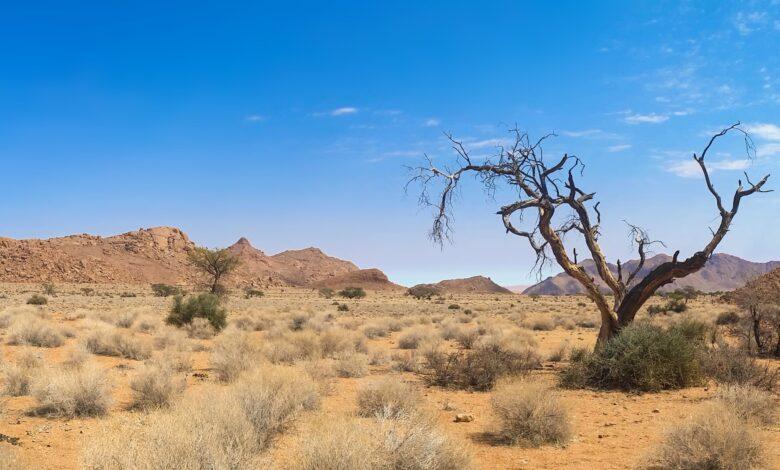
Introduction
South Africa’s Kruger National Park is a place of unparalleled natural beauty and an awe-inspiring safari destination that attracts wildlife enthusiasts from all corners of the globe. Covering nearly 20,000 square kilometers in the northeastern part of the country, this iconic park is a sanctuary for a diverse array of wildlife and a testament to the raw power of nature. In this blog post, we will embark on a virtual journey to explore the wonders of Kruger National Park, discovering its unique blend of wildlife, ecosystems, and experiences that make it a must-visit destination for every safari lover.
Getting to Kruger National Park
Location and Accessibility
Kruger National Park, one of South Africa’s most renowned wildlife sanctuaries, is located in the northeastern part of the country. Covering nearly 20,000 square kilometers, it stretches across the provinces of Mpumalanga and Limpopo. This vast expanse of pristine wilderness offers a unique opportunity to witness Africa’s iconic wildlife up close. To reach Kruger National Park, you have several options, depending on your starting point.
Transportation Options
- By Air: If you’re traveling internationally or from a major South African city, you can fly to either Kruger Mpumalanga International Airport (KMIA) or Hoedspruit Eastgate Airport. Both airports provide convenient access to the park. From there, you can rent a car or arrange for a transfer to your chosen camp or lodge within Kruger.
- By Road: Many visitors prefer driving to Kruger National Park, as it allows for flexibility and the opportunity to explore the surrounding areas. The park has multiple entry gates, with the most popular ones being the Paul Kruger Gate, Phabeni Gate, and Orpen Gate, among others. Depending on your starting point, you can plan your route accordingly.
- Guided Tours: Joining a guided safari tour is another excellent option for accessing Kruger National Park. Tour operators often provide transportation from major cities and offer guided game drives, ensuring a seamless and informative wildlife experience.
Entry Fees and Permits
To enter Kruger National Park, you will need to pay an entry fee. These fees vary depending on your nationality and the duration of your visit. South African citizens receive a discount, and there are different rates for international tourists. It’s essential to check the latest pricing on the official South African National Parks (SANParks) website, as fees can change over time.
In addition to the entry fee, it’s advisable to book accommodations within the park well in advance, especially during peak seasons. Staying in one of the park’s camps or private lodges allows you to make the most of your wildlife experience. Some camps and lodges have their own entrance gates, which can be more convenient for game drives and activities.
To ensure a smooth entry into Kruger National Park, make sure to obtain the necessary permits and adhere to the park’s rules and regulations. Following these guidelines will help you have a safe and enjoyable visit to this extraordinary African wilderness.
Wildlife of Kruger
Iconic Species to Look Out For
Kruger National Park is celebrated for its rich biodiversity and is home to an array of iconic African wildlife. When exploring the park, keep an eye out for the “Big Five,” which includes lions, elephants, buffalo, leopards, and rhinoceros. These magnificent animals are a must-see and represent some of Africa’s most revered and elusive species. Apart from the Big Five, you can also spot giraffes, zebras, cheetahs, hippos, crocodiles, and various antelope species. The park’s diverse habitats make it an ideal location for observing a wide range of animals in their natural environment.
Birdwatching Opportunities
Kruger National Park is a paradise for birdwatchers, with over 500 bird species recorded within its boundaries. Whether you’re a seasoned birder or a novice, you’re in for a treat. Keep an eye out for birds like the Lilac-breasted Roller, African Fish Eagle, and the striking Southern Ground Hornbill. The park’s diverse ecosystems, including rivers, woodlands, and savannahs, provide unique habitats for a wide variety of avian species. Don’t forget your binoculars and a field guide to make the most of your birdwatching experience.
Tips for Wildlife Sightings
- Go on Guided Safaris: Joining a guided safari with experienced rangers can significantly enhance your chances of spotting wildlife. These guides are familiar with the park’s terrain and animal behavior, increasing the likelihood of exciting sightings.
- Early Mornings and Late Afternoons: Wildlife is most active during the cooler hours of the day, so plan your game drives during early mornings and late afternoons. The soft light also enhances photography opportunities.
- Patience and Silence: Wildlife can be elusive, so be patient during your game drives. Turn off your vehicle’s engine and maintain silence to avoid disturbing animals and increase your chances of observing their natural behaviors.
- Stay at Watering Holes: Many animals gather at watering holes, especially during the dry season. Consider staying at or near these locations, as you’re likely to witness numerous species coming to drink.
- Respect Nature: While observing wildlife, remember to respect the animals and their environment. Keep a safe distance and follow the park’s rules and regulations to ensure the well-being of the animals and the preservation of this pristine wilderness.
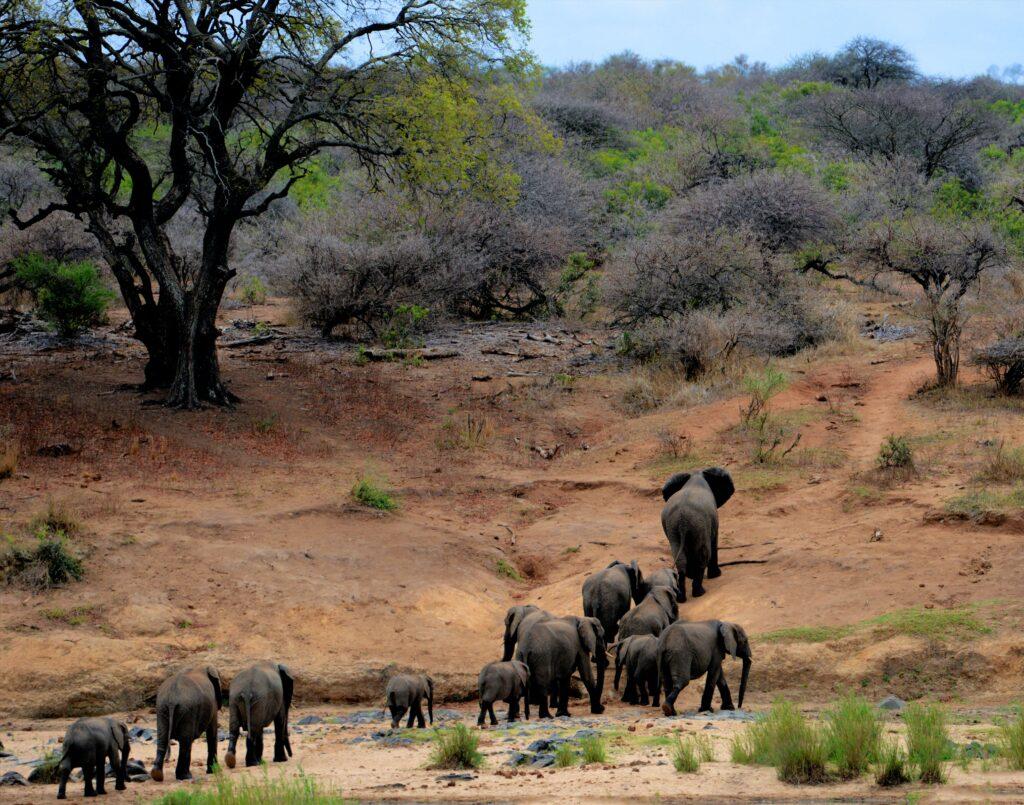
Accommodation Options
Camps within the Park
Kruger National Park offers a variety of accommodation options, and one of the most immersive ways to experience the wilderness is by staying in the camps located within the park. These camps vary in size and facilities, catering to different preferences and budgets. The park’s rest camps provide basic but comfortable lodging options. They typically offer self-catering units, communal kitchens, and amenities like restaurants, shops, and swimming pools. Some well-known rest camps include Skukuza, Satara, and Lower Sabie. Staying in these camps allows you to be closer to the heart of the park, providing excellent access to game viewing and activities.
Private Lodges and Accommodations Nearby
For those seeking a more exclusive and luxurious experience, private lodges and accommodations near Kruger National Park offer an unparalleled level of comfort and personalized service. These lodges are often situated on private game reserves bordering the park and offer a higher degree of seclusion. You can expect premium amenities, private game drives with expert guides, and gourmet dining experiences. Many private lodges also provide open-air game viewing decks and plunge pools, ensuring an indulgent safari adventure. Some of the renowned private lodges in the vicinity of Kruger National Park include Singita, Londolozi, and Sabi Sabi.
Budget and Luxury Choices
Kruger National Park caters to a wide range of budgets, making it accessible to travelers with different financial considerations.
- Budget Accommodations: The park’s rest camps, as mentioned earlier, provide affordable options for self-catering accommodation. They are perfect for those looking to experience the park’s natural beauty without breaking the bank. These camps offer communal facilities and basic but comfortable lodging at reasonable rates.
- Mid-Range Choices: There are also mid-range lodges within the park that strike a balance between comfort and affordability. These lodges often offer en-suite rooms and cater to travelers looking for a bit more comfort during their stay.
- Luxury Options: If you’re looking for the utmost in luxury, private lodges outside the park provide opulent experiences, including all-inclusive packages with gourmet meals, exclusive game drives, and lavish suites. These high-end accommodations offer a perfect blend of comfort, privacy, and extraordinary wildlife encounters.
Safari Experiences
Game Drives and Guided Tours
Game drives and guided tours are the cornerstone of any unforgettable safari experience in Kruger National Park. These excursions provide an opportunity to explore the park’s vast landscapes and encounter its diverse wildlife. Game drives are typically conducted in open 4×4 vehicles, allowing for unobstructed views and photography. Knowledgeable rangers or guides lead these drives, enhancing your experience by providing valuable insights into the park’s ecology and the behavior of its inhabitants.
Morning and afternoon game drives are popular choices, as wildlife is most active during these times. You may also opt for night drives, which provide a unique opportunity to spot nocturnal creatures. Guided tours often include informative commentary, ensuring you gain a deeper understanding of the park’s natural wonders.
Self-Drive Safaris
For those who prefer more flexibility and independence, self-drive safaris are an excellent option. Kruger National Park offers well-maintained roads and clearly marked trails, making it relatively easy to navigate. You can explore the park at your own pace, stopping wherever you please to admire the landscapes or observe wildlife. Many visitors find self-drive safaris thrilling, as it allows for a deeper connection with nature and the freedom to follow your own instincts.
However, it’s essential to be well-prepared for a self-drive safari, ensuring you have a suitable vehicle, a detailed map or GPS, and a good pair of binoculars. Remember to respect the park’s rules and regulations, especially regarding speed limits and animal interactions, to ensure a safe and responsible experience.
Walking Safaris and Bush Trails
For a more intimate and immersive experience, consider participating in walking safaris and bush trails offered by some of the park’s camps and private reserves. These guided walks provide a unique opportunity to connect with nature on a more profound level. You’ll have the chance to explore the smaller, often overlooked aspects of the park, such as tracks, plants, and insects, while also encountering wildlife on foot.
Walking safaris are led by experienced rangers who are well-versed in the park’s flora and fauna. These excursions emphasize environmental education and the thrill of tracking animals by following their prints and signs. It’s important to note that walking safaris have age and fitness restrictions, and participants must adhere to strict safety protocols.
Best Time to Visit
Seasons and Climate
Determining the best time to visit Kruger National Park depends on your preferences and what you hope to experience during your stay. Kruger experiences distinct seasons, each offering a unique atmosphere and wildlife encounters.
- Dry Season (May to September): This is often considered the best time to visit. The weather is dry, and vegetation is sparse, making it easier to spot wildlife. The cooler temperatures are also more comfortable for outdoor activities. However, it’s essential to book accommodations well in advance, as this is the peak tourist season.
- Wet Season (October to April): While the wet season can be hot and humid, it’s the time when the park’s landscape transforms into a lush, green paradise. It’s also the time for birdwatching, as many migratory species arrive. However, wildlife can be more challenging to spot due to the denser vegetation.
Wildlife Activity and Migrations
The best time to observe wildlife activity and migrations in Kruger National Park largely depends on the season you choose to visit.
- Dry Season: During the dry season, water sources become scarce, which leads to increased animal activity around the remaining waterholes and rivers. This concentration of wildlife makes it an excellent time for game viewing. Additionally, this period coincides with the impala rut, a prime hunting time for predators like lions and leopards.
- Wet Season: The wet season is when many animals give birth to their young, providing opportunities to witness adorable baby animals. It’s also the time when you can see migratory birds that have traveled from other parts of the world to breed and nest in Kruger.
Peak Tourist Seasons
Understanding the peak tourist seasons in Kruger National Park is essential for planning your visit and securing accommodations.
- School Holidays: South African school holidays, which typically occur in late December, April, and July, see a surge in local visitors. Accommodations can become crowded during these periods.
- Dry Season: The dry season, from May to September, is the peak tourist season, attracting international travelers and South African visitors alike. Accommodations are in high demand during this time, so booking well in advance is crucial.
FAQs
Q. What is the best time to visit Kruger National Park?
A. The best time to visit Kruger National Park for game viewing is during the dry season, from May to October. However, if you want to experience the park’s lush greenery, consider visiting during the wet season, from November to April.
Q. Can I do a self-drive safari in Kruger National Park?
A. Yes, you can do a self-drive safari in Kruger National Park. The park provides well-maintained roads and clear signage. However, guided tours with experienced rangers can offer more in-depth insights.
Q. Are there any age restrictions for Kruger National Park safaris?
A. There are no specific age restrictions for Kruger National Park safaris. However, some lodges or activities may have age restrictions. It’s essential to check with your chosen accommodations and tour providers.
Q. What is the best way to spot the Big Five in Kruger National Park?
A. The Big Five are best spotted during early morning and late afternoon game drives when they are most active. Look for clues like fresh tracks and listen for animal calls, which can lead you to sightings.
Q. How can I book a guided safari in Kruger National Park?
A. You can book a guided safari in Kruger National Park through various tour operators, travel agencies, or directly with the park’s authorities. It’s recommended to book in advance, especially during the high season.
Q. Is Kruger National Park safe for visitors?
A. Kruger National Park is generally safe for visitors. Follow safety guidelines, respect wildlife, and avoid approaching animals. Adhere to park rules, and your safari experience will be a safe and memorable one.
Conclusion
As we conclude our safari adventure through Kruger National Park, it’s impossible not to be moved by the sheer magnificence of this natural wonderland. From the enchanting landscapes to the thrilling encounters with wildlife, Kruger offers an experience like no other. It serves as a symbol of the enduring importance of conservation and our responsibility to protect our planet’s incredible biodiversity. Whether you’re a seasoned safari-goer or a first-time explorer, Kruger National Park promises to leave an indelible mark on your soul. So, pack your bags, plan your adventure, and immerse yourself in the wonders of South Africa’s Kruger National Park – an experience that will stay with you for a lifetime.
UP NEXT
https://touristeyes.com/faroe-islands-discover-the-beautiful-nature-and-best-places/
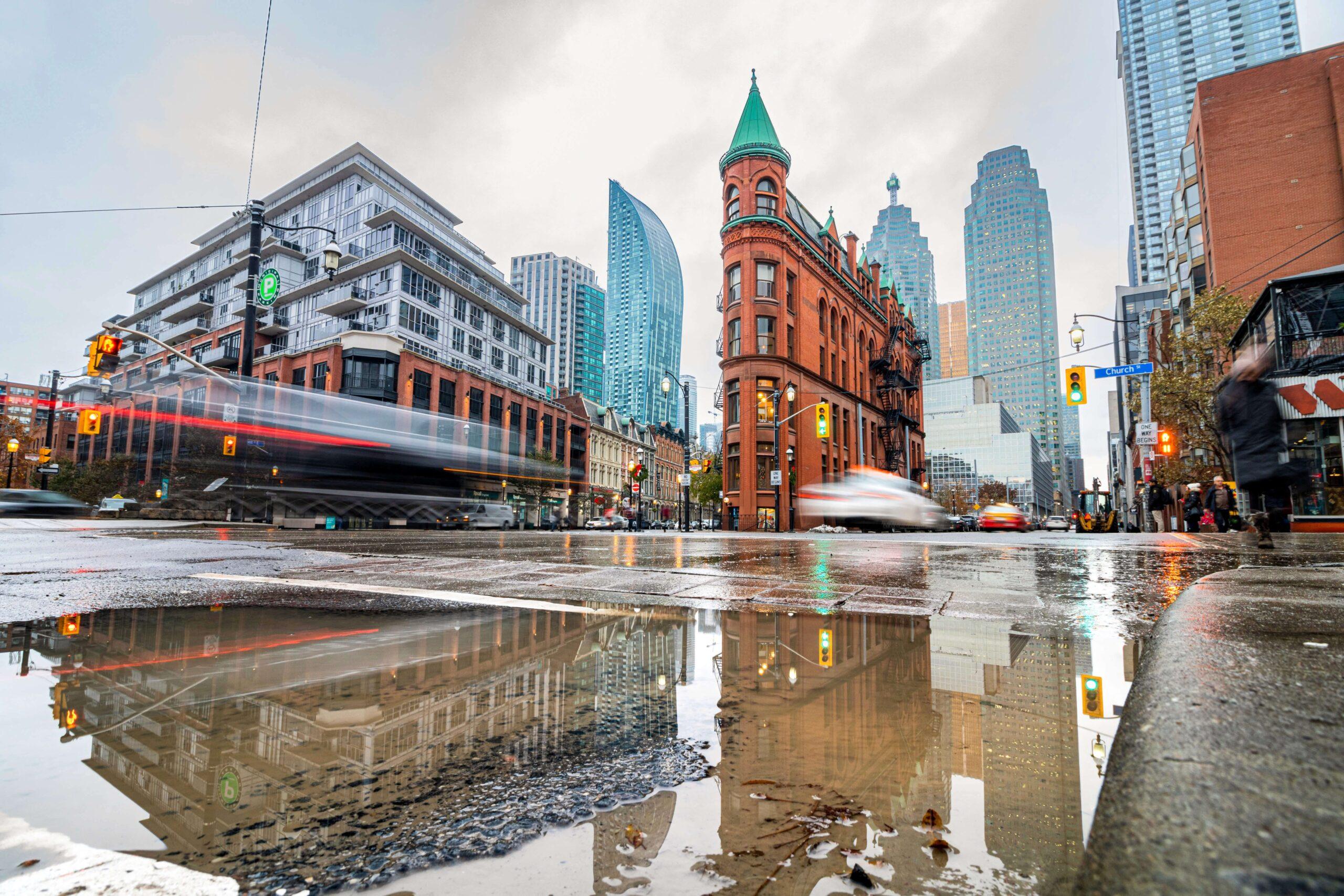
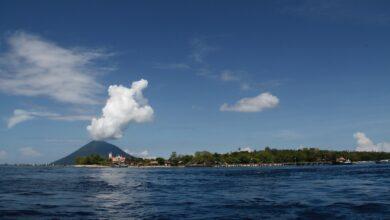
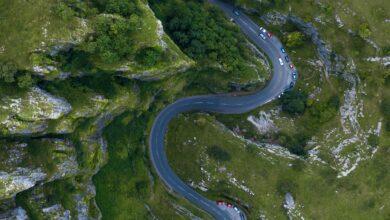
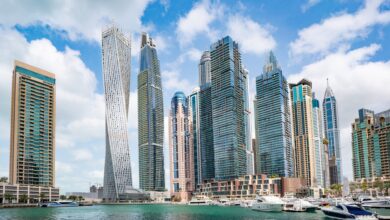
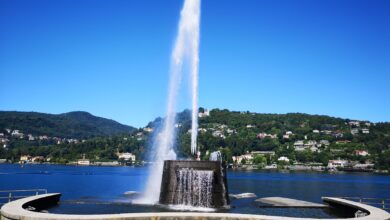
Facebook Comments